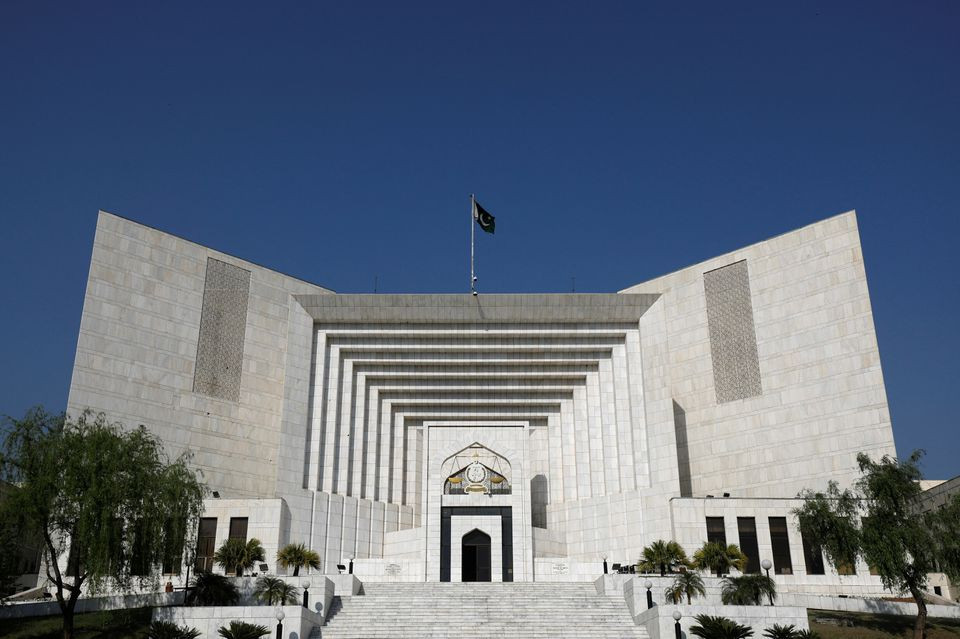
After the failure of talks between the coalition government and the Pakistan Tehreek-e-Insaf (PTI), the issue of elections has once again landed in the apex court with a bench led by Chief Justice of Pakistan (CJP) Umar Ata Bandial to decide whether elections for the Punjab Assembly are held first—on May 14—or elections for all the legislatures in the country are held on the same day.
The Election Commission of Pakistan (ECP) has already challenged the Supreme Court's April 4 order by filing a review petition. This petition is to be heard by the same three-judge bench which on April 4 ordered the polls supervisory authority to conduct elections in Punjab on May 14.
The cause list is yet to be issued regarding the listing of the constitution petition filed by a citizen Sardar Kashif Khan, who seeks elections for all assemblies on one date.
The PTI leaders, who were part of the negotiation team, have already submitted a report to the SC on the failed talks which were initiated on the order of the apex court during the hearing of the constitutional petition filed by Khan. The SC is likely to hear the matter this week.
Since the start of suo motu proceedings with regard to the delay in elections in Punjab and Khyber Pakhtunkhwa, CJP Bandial has been facing several challenges on different fronts.
Many lawyers believe that the election issue has been mishandled.
Even the SC has been divided into two groups with eight judges—led by CJP Bandial—on one side and seven judges—led by Justice Qazi Faez Isa—on the other.
There is mistrust between these two groups of judges, affecting the credibility of the institution.
Four SC judges contend that the suo motu case regarding holding general elections for the two provincial assemblies has already been dismissed.
Earlier, the security establishment supported the judiciary whenever it was shaping national politics.
However, the situation is different now as both the judiciary and the establishment are not on the same page on the question of elections. Perhaps these are the reasons why CJP Bandial is facing difficulty in the implementation of the SC’s April 4 order.
As the establishment and the judiciary are not on the same page, the parliament is taking advantage of the situation with lawmakers questioning the conduct of judges.
Currently, the coalition government is smartly resisting the judiciary through the parliament. They are also propagating that the parliament's supremacy is being undermined.
Read ECP seeks review of SC's order to hold Punjab elections on May 14
On the other hand, the PTI is urging the superior court to implement its decision for holding elections on May 14. PTI chief Imran Khan has already made it clear that if any institution does not implement the court order then his party would take to the streets.
Some people believe that the PTI wants to pit the judiciary against the establishment.
Recently Law Minister Azam Nazeer Tarar revealed that former army chief Qamar Javed Bajwa had recommended that the government support the CJP's nominees for elevation to the SC. Once the government was reluctant to appoint the Attorney General for Pakistan (AGP) against the CJP's desire.
When senior military officers gave in-camera briefing to the members of the three-judge bench led CJP Bandial, it was presumed that both the judiciary and the establishment would reach an understanding.
Subsequently, the defence ministry moved an application requesting the SC to recall its April 4. But the bench refused to do so. In the meanwhile, a petition was moved by citizen Khan for holding general elections on one-date. The petition is still relevant.
A senior PTI lawyer said only the establishment and the judiciary have the power to decide how and when the elections will take place. He hoped that the two stakeholders would evolve a consensus on a date for elections.
A senior government official said the PTI is willing to allow the National Assembly to work until July but the party is taking care of the interest of one section of the judiciary.
The PTI desires that general elections of all assemblies be held during the tenure of incumbent CJP Bandial. But the ruling parties and powers that be are disagreeing with it.
Some senior lawyers said matters like elections cannot be decided on the basis of purely legal arguments. Other considerations cannot be overlooked. They said back-channel talks are also always underway to find a middle way.
“If the full court was constituted then the situation could be handled. The best lesson is that the superior judiciary should not get involved in political matters,” said a legal expert while requesting anonymity.
Despite massive criticism and releasing of audio tapes, CJP Bandial and his fellow judges are showing restraint so far. Unlike in the past, the bench has not initiated contempt proceedings against people and institutions responsible for not implementing its April 4 order.

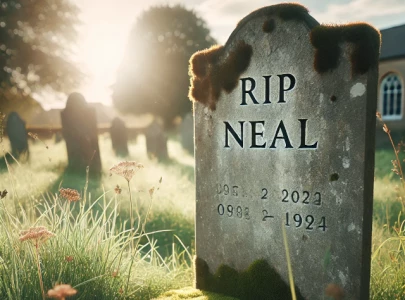





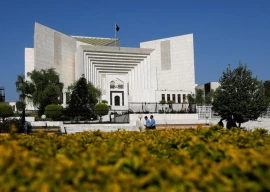
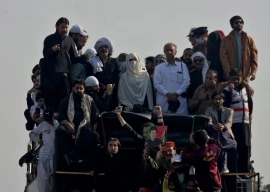

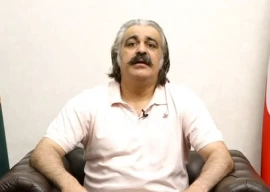
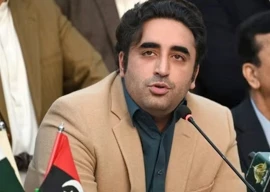






COMMENTS
Comments are moderated and generally will be posted if they are on-topic and not abusive.
For more information, please see our Comments FAQ